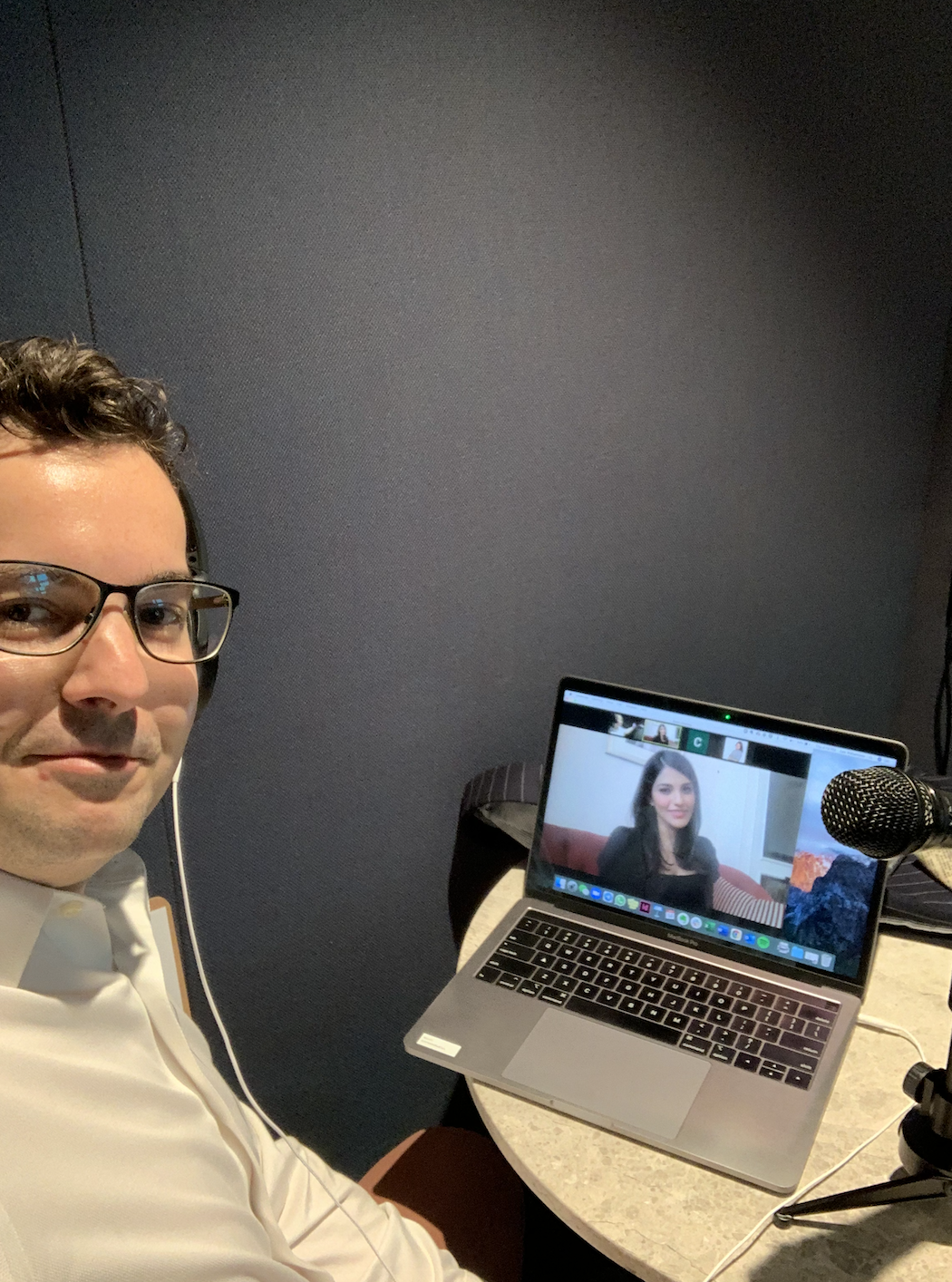In the latest episode of Gen.T’s podcast Crazy Smart Asia, Ankiti Bose, co-founder of e-commerce platform Zilingo, talks tough decisions, mental health and the potential “curse” of the near-unicorn tag
Gen.T’s podcast Crazy Smart Asia, which explores the unexpected stories of Asia’s disruptors, is back for a second season.
After our first episode with Wikipedia founder Jimmy Wales, this week I speak with Ankiti Bose, co-founder of e-commerce startup Zilingo. A B2B fashion platform, Zilingo provides tech-enabled supply chain solutions to small merchants across Asia, handling an annual sales volume exceeding US$1bn.
During the conversation, Ankiti is straight-shooting and refreshingly honest. Not one to shy away from the big topics, she gives anything but the sanitised soundbites as we get into some of the realest challenges facing entrepreneurs today.
We discuss the potential “curse” of the near-unicorn tag, tackling misogyny head-on, the mental health struggles entrepreneurs deal with, and the tough decisions she faced at the beginning of the pandemic, when Zilingo had to restructure to weather the storm.
Here are a few excerpts from the no-holds-barred conversation. Click the audio player below to listen to the episode or subscribe via Apple, Spotify, Google or wherever you get your podcasts.
Pivots
“We realised that the problem that had to be solved was a slightly different one than what we thought, so we made a very brave decision to pivot. This was after we had raised a bunch of capital, but we said, ‘Look, if you want to become a sustainable business that is profitable in the long term, that is solving a real problem, then we've got to make these brave decisions and take a few brickbats along the way.’ As you know, I’ve taken many. But I really stand by those decisions.”

